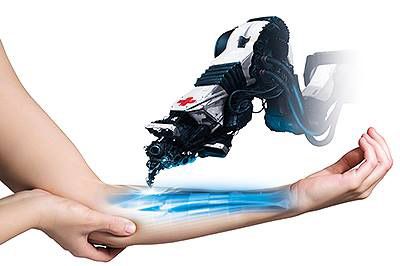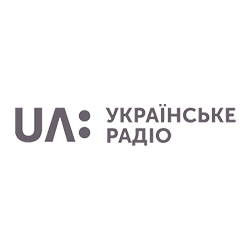One of the remarkable properties of pluripotent stem cells is their immortality, ie the ability, under the right conditions, to divide and grow indefinitely. It turns out this ability is not only possessed by stem cells but their descendants which have already moved forward on the path of development: proliferating without losing the identity inherent in the so-called progenitor cells responsible for the formation of specific tissues.
A team of scientists from the Morgridge Institute for Research, US, led by pioneering stem cell scientist, James Thomson, found a way to make virtually immortal progenitor cells responsible for the formation of blood and vascular tissue in mice. By regulation of a small number of genes, scientists drove these cells into a “trap”, making them self-updating and able to produce functional blood cells and blood vessels.
The results of this work, published in the journal Stem Cell Reports, suggest the possibility of a new approach to obtaining cells in the laboratory for use in therapy, screening drugs and as a tool in basic research.
“The most significant result for me is the ability to stop the growth of these cells,” said expert in the field of regenerative biology Dr David Vereide, lead author of the publication. “Typically, cells in this state are very long and used for differentiation into specific cell types, but we found a way to intervene.”
Blood cells and blood vessels are believed to originate from precursor cells called hemangioblastoma. In this research project six transcription factors (proteins that regulate gene expression) were identified and tested that allowed for the proliferation hemangioblastoma to continue without changing their identity for many generations.
Progenitors, are descendants of stem cells that give rise to specific tissues typically in the final stage of the formation of the key building blocks of the body – the brain cells, blood vessels, bones and more. The method, developed by Vereide and his colleagues will significantly increase the effectiveness of obtaining the types of cells that have scientific and therapeutic value.
Embryonic stem cells are distant from functional cell types, explains Vereide. Differentiating, for example, a neuron or muscle, can take a few weeks or months and pass through many stages, and each stage reduces the efficiency of the process and increases the likelihood of mutations.
Cultivated progenitor cells remove the need to complete all of these steps.
“We are much closer to functional cell types that can have medical importance,” continues Vereide. “Instead of 20 stages, you can cut this to take one or two. If you can reject a number of steps based on this strategy, the cells are much more promising.”
According to Vereide, the survey is a “proof of concept”, which means the state of near immortality is not the prerogative of stem cells. In the near future, researchers will undertake to work with human stem cells and obtain precursor cells that can potentially be used in a variety of clinical applications.
Vereide is sure that this principle can be demonstrated in other cell types. A deeper study of the state of any tissue that precedes can find the key factors that will drive the proliferation of progenitor cells in a Petri dish, scientists believe.
Source article at this link.
Biotechnology has been used for a long time in Ukraine. Unfortunately, we tend to think that good clinics are only found abroad, as is advanced technology and professional doctors. Thus, the medical system in Ukraine is far from ideal, and we must eliminate this inferiority complex. Biotechnology has become a reality and you do not have to go far to get the expert help of professionals. The project Bioengineering Rehabilitation for Wounded has proved its effectiveness for the past 18 months. For our wards, this advanced technology has been the only way to avoid disability and physical limitations. The number of men who have been put on back on their feet by the project’s doctors is growing. However, there are many more wounded military personnel in need of this specialist medical care that can not be provided in public institutions, and sometimes not even abroad. So once again we ask you to get involved in fundraising and support Ukraine’s military.
Soldiers for treatment where fundraising is still taking place:























































